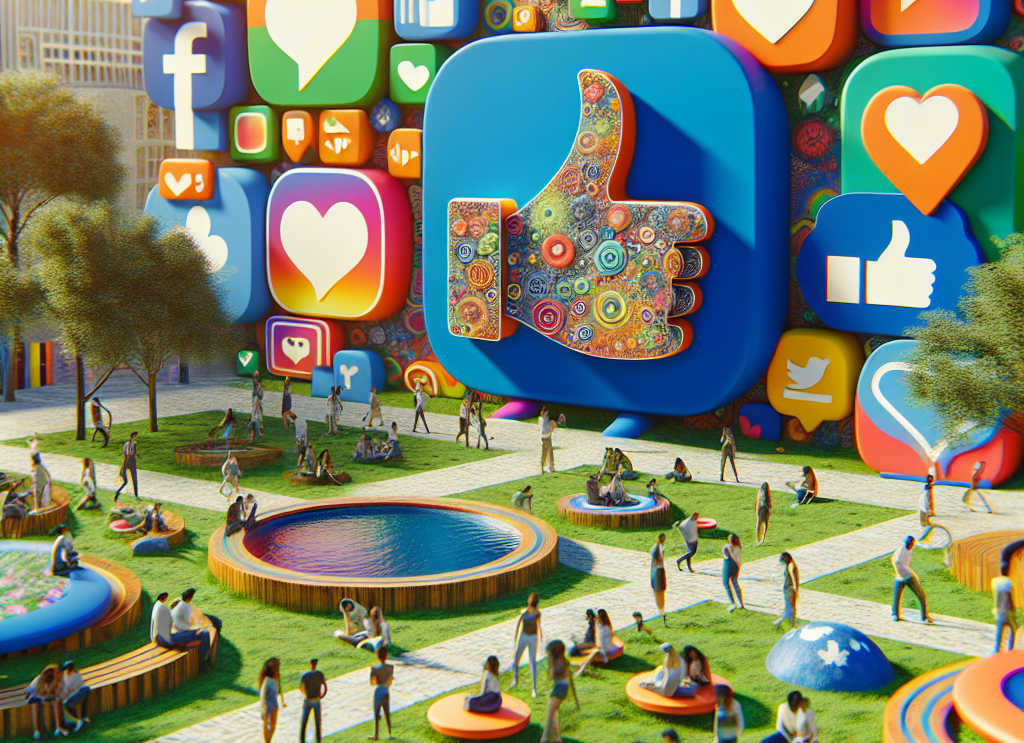The Digital Trap: When Social Media Takes Over

In today's hyper-connected world, social media has become an integral part of our daily lives. Platforms like Instagram, TikTok, Facebook, and Twitter offer endless entertainment, social interaction, and a window into the lives of others. However, the excessive use of social media can have unintended consequences, affecting mental health, productivity, and even relationships.
The Allure of Social Media
The appeal of social media lies in its ability to provide instant gratification. Every like, comment, and share triggers a dopamine release in the brain, similar to the effect of a reward system. This makes social media highly addictive, encouraging users to keep scrolling endlessly, often without realizing how much time they've spent online.
Another major factor is the fear of missing out (FOMO). Social media constantly updates users with new trends, events, and experiences, creating a sense that one must stay plugged in to be socially relevant. The pressure to keep up can lead people to spend excessive time on these platforms, even at the cost of their own well-being.
The Downsides of Overuse
While social media can be a great tool for connection and entertainment, excessive use comes with significant drawbacks:
1. Mental Health Struggles
Studies have shown that excessive social media use can contribute to anxiety, depression, and low self-esteem. Constant comparison with others can lead users to feel inadequate, believing that their lives don't measure up to the carefully curated, often unrealistic images they see online.
2. Reduced Productivity
Spending too much time on social media can interfere with work, studies, and personal goals. Many users find themselves procrastinating important tasks to mindlessly scroll through feeds, losing valuable time that could be spent on more meaningful activities.
3. Strained Relationships
Ironically, while social media is designed to enhance connections, excessive usage can lead to isolation in real-life relationships. People may become more focused on engaging with their digital audience than spending quality time with loved ones.
4. Sleep Disturbances
Many people use social media late into the night, disrupting their sleep patterns. Blue light emitted from screens can interfere with melatonin production, making it harder to fall asleep and leading to fatigue and poor concentration the next day.
Finding a Balance
It's important to establish a healthy relationship with social media to prevent its negative effects. Here are a few strategies:
- Set Time Limits: Using apps to track screen time or setting daily limits on social media use can help reduce excessive engagement.
- Practice Digital Detox: Taking scheduled breaks from social media allows for mental relaxation and a chance to reconnect with real-world activities.
- Engage in Offline Activities: Prioritizing hobbies, exercise, and face-to-face interactions can help shift focus from virtual interactions to more fulfilling experiences.
- Curate Your Feed Mindfully: Following positive and informative accounts instead of those that promote unrealistic comparisons can improve overall well-being.
Conclusion
While social media offers many benefits, excessive use can lead to a range of negative consequences, from mental health struggles to decreased productivity. By being mindful of our usage and setting boundaries, we can enjoy the positives of social media without letting it control our lives. Finding balance is key—social media should enhance life, not replace it.






